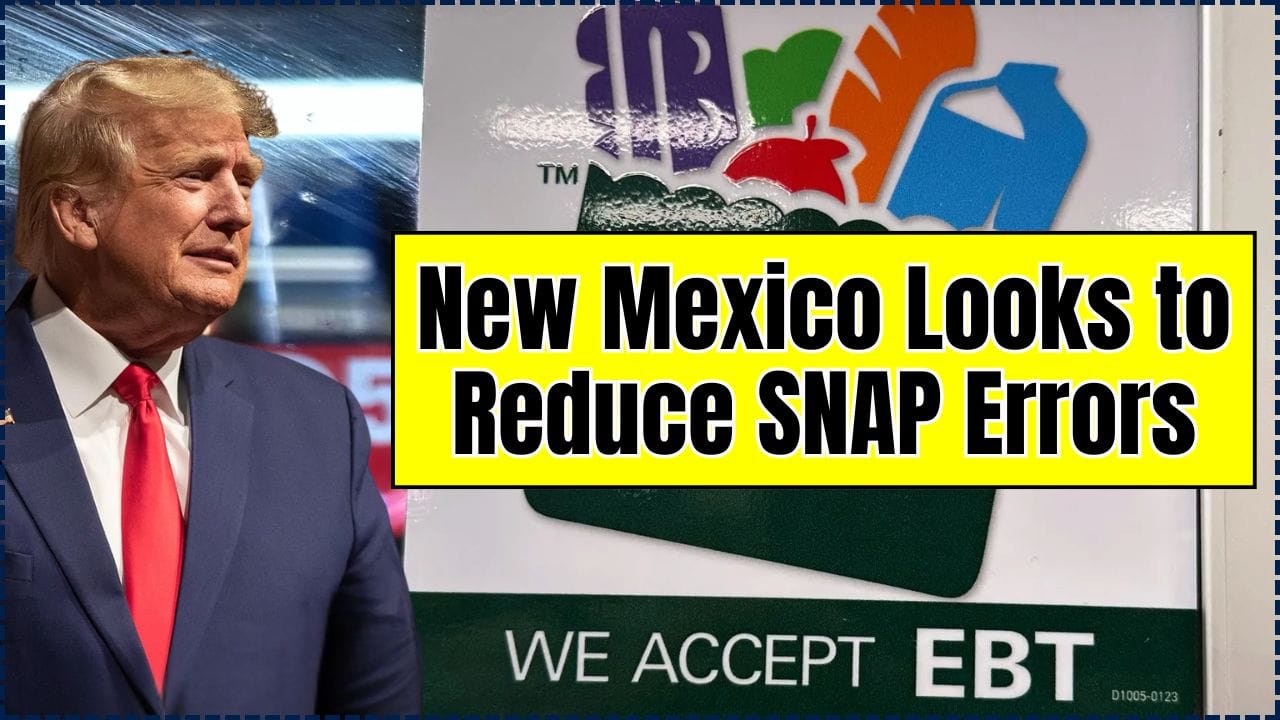Securing a Germany work visa for drivers in 2025 is more than just a possibility; it’s a golden opportunity. Germany’s robust economy, the engine of Europe, is facing a critical bottleneck: a massive shortage of skilled drivers across its logistics and public transport sectors. This isn’t just a small gap; it’s a nationwide demand for professionals like you. This guide is your roadmap. We’ll break down the entire process, showing you exactly how to navigate the requirements, find a job, and successfully start your career on Germany’s world-class roads and railways.

Germany work visa for drivers in 2025
| Key Fact | Detail/Statistic |
| Massive Shortage | Germany faces a shortage of up to 70,000 truck drivers, a number that grows annually as older drivers retire. German Federal Logistics Association (BGL) |
| Simplified Immigration | The Skilled Immigration Act has been updated to make it easier for qualified non-EU citizens to get work visas. Make it in Germany (Official Portal) |
| High Demand Sectors | The highest demand is for truck (LKW), bus (ÖPNV), and train (Lokführer) drivers. |
Why Germany’s Engine is Sputtering for Drivers
Germany’s problem is your opportunity. The country is the logistical heart of Europe, with goods constantly flowing across its borders. However, a perfect storm of factors has created a severe driver shortage. A large portion of the current driving workforce is nearing retirement, and not enough new drivers are entering the field to replace them.
According to the German Federal Logistics Association (BGL), the situation is critical, impacting everything from supermarket shelves to manufacturing supply chains. This has pushed the German government and private companies to look beyond the EU, actively recruiting skilled international drivers. They aren’t just offering a job; they’re offering a stable career in a country known for its high quality of life, strong worker protections, and excellent infrastructure.
Are You the Right Fit? Key Requirements for a Germany Work Visa for Drivers in 2025
Navigating the application process is straightforward if you know what’s required. In my experience advising international professionals, the most successful applicants are those who prepare their documentation meticulously before starting. Let’s break down the essentials.
The Essentials: Your Driving License and Qualifications
This is the most crucial part of your application. Your existing license and qualifications must be compatible with German and EU standards.
- Valid Driving License: You need a valid license for the specific vehicle class. For truck drivers, this is typically Class C or CE. For bus drivers, it’s Class D or DE.
- Professional Driver Qualification: Beyond the license, you must hold a professional driver qualification, often known as a Certificate of Professional Competence (CPC) in many countries.In Germany, this is the (Grundqualifikation).
- Recognition Process: Your non-EU license and qualifications will need to be officially recognized in Germany. This often involves a theoretical and practical exam administered by bodies like the TÜV or DEKRA. The process, known as Anerkennung, is a formal step to verify your skills meet German standards.
The Job Offer: Your Ticket to Germany
For most visa pathways, having a concrete job offer from a German company is essential. This is your “entry ticket.” The company that wants to hire you will often provide a contract and assist with the paperwork. The Federal Employment Agency (Bundesagentur für Arbeit) must often approve the employment, ensuring that the position couldn’t be filled by a German or EU citizen, though this requirement has been relaxed for in-demand professions like driving.
Language Skills: Speaking the Language of the Road
While some international logistics companies may operate in English, a basic to intermediate level of German is almost always required.
- Why it’s important: You’ll need German to understand traffic signs, communicate with dispatchers, handle paperwork, and speak with law enforcement or customers.
- Required Level: Most employers will look for at least an A2 or B1 level on the Common European Framework of Reference for Languages (CEFR). A2 allows for basic daily conversations, while B1 allows you to handle most situations that arise while traveling and at work. Many employers offer language courses to help you improve upon arrival.
Your Roadmap: A Germany Work Visa for Drivers in 2025 Guide to Getting Your Visa
Feeling overwhelmed? Don’t be. Here is a clear, step-by-step path to follow.
- Find a Job: Start your search on major German job portals like the Federal Employment Agency’s Jobbörse or specialized logistics sites like “Job-in-Trans.” Don’t be afraid to contact German logistics and public transport companies directly.
- Get Your Qualifications Recognized: Once you have a potential employer, begin the official recognition (Anerkennung) of your driving license and professional qualifications. The “Anerkennung in Deutschland” portal is the official government resource to guide you through this process.
- Apply for the National Visa: With a firm job contract and proof of qualification recognition in hand, you can apply for your work visa at the German embassy or consulate in your home country.7 You will need your passport, the employment contract, proof of health insurance, and other documents they specify.
- Arrive and Get Your Residence Permit: After your visa is approved and you arrive in Germany, your first steps are to register your address (Anmeldung) at the local citizens’ office (Bürgeramt) and then convert your entry visa into a residence permit (Aufenthaltstitel) at the local immigration office (Ausländerbehörde).
Opportunities Across the Board: Truck, Bus, Train, and Shipping
The demand isn’t limited to one type of vehicle. Germany needs skilled operators across its entire transportation network.
Truck Drivers (LKW-Fahrer)
This is the area with the most significant shortage. Opportunities range from long-haul international routes across Europe to regional and local delivery services. The rise of e-commerce has created a massive demand for drivers in parcel and last-mile delivery.
Bus Drivers (Busfahrer)
Cities across Germany are expanding their public transport networks (ÖPNV) to meet climate goals, leading to a high demand for bus drivers. Companies like BVG in Berlin or MVG in Munich are constantly hiring.

Train Drivers (Lokführer)
Deutsche Bahn, the national railway company, and other private rail operators are in critical need of train drivers for both passenger and freight services. The training for this role is highly specialized and often provided by the employer, but having a technical background is a major advantage.
Life as a Driver in Germany: What to Expect
Working in Germany means more than just a paycheck. The work culture is built on professionalism, punctuality, and a clear separation between work and private life. Drivers are respected professionals who benefit from strong labor laws, regulated working hours, and mandatory rest periods.
You’ll be part of a system with comprehensive social security, including excellent healthcare, unemployment insurance, and a state pension. Life in Germany offers a safe, clean environment with vibrant cities and beautiful countryside to explore on your days off.
Your Guide to the GCC’s Schengen-Style Visa Launching Late 2025
Citizens of 59 Countries Can Travel to Hainan, China Visa-Free Starting July 2025!
FAQ
Q1:Can I apply for a driver visa without a job offer?
While the most direct route is with a job offer, Germany’s “Opportunity Card” (Chancenkarte) allows individuals with sufficient qualifications and language skills to come to Germany for up to a year to look for a job. However, for drivers, having a pre-approved job and recognized license is a much more secure and recommended path.
Q2:What is the average salary for a truck driver in Germany?
The salary can vary based on experience, region, and the type of driving (long-haul vs. local). According to data from major job portals like StepStone, the gross annual salary for a truck driver typically ranges from €30,000 to €45,000.
Q3:How long does the visa and recognition process take?
The timeline can vary significantly depending on your home country and how quickly you can provide all the necessary documents. From finding a job to getting your visa approved, a realistic timeframe is anywhere from 4 to 8 months. Starting the document collection and qualification recognition process as early as possible is the best way to speed things up.










